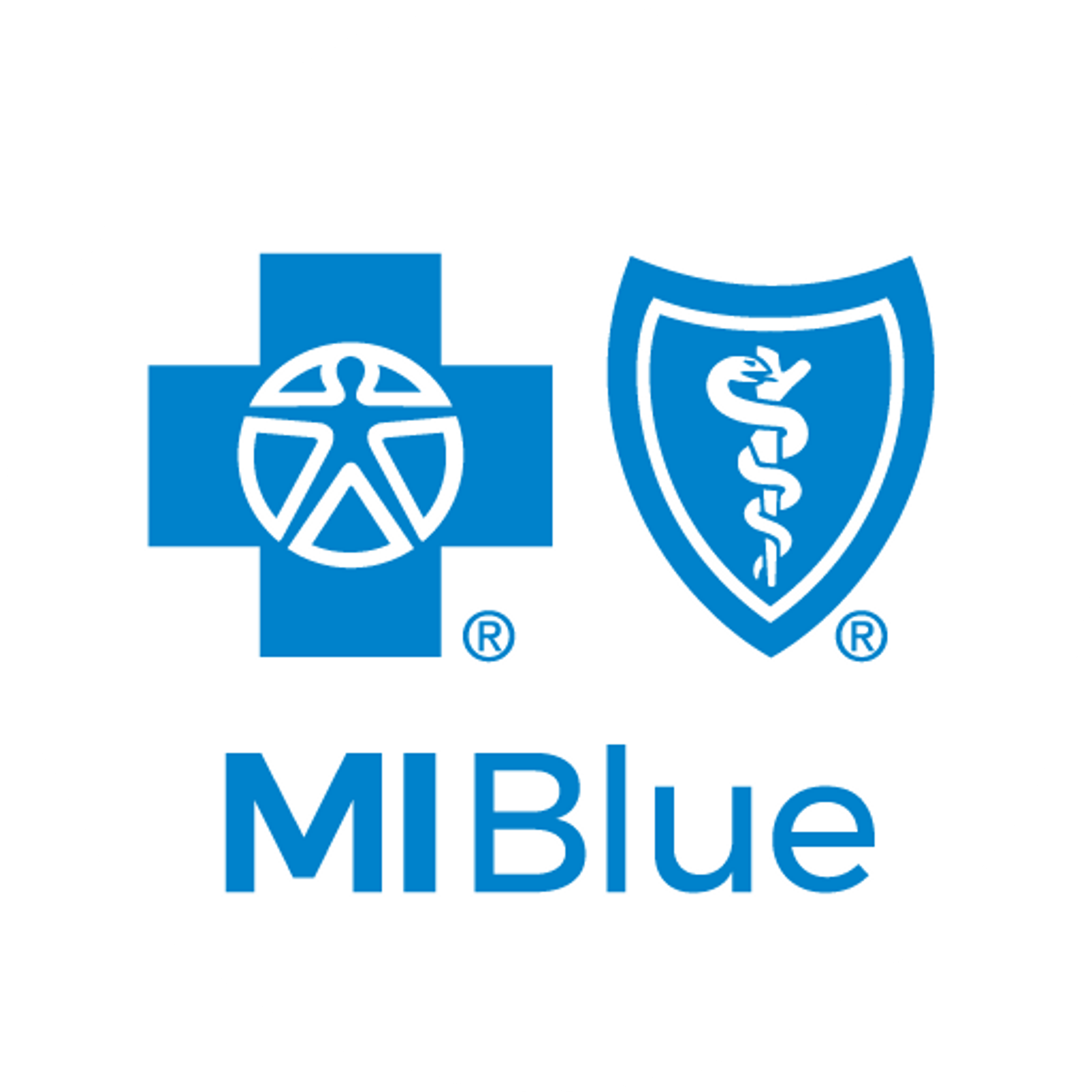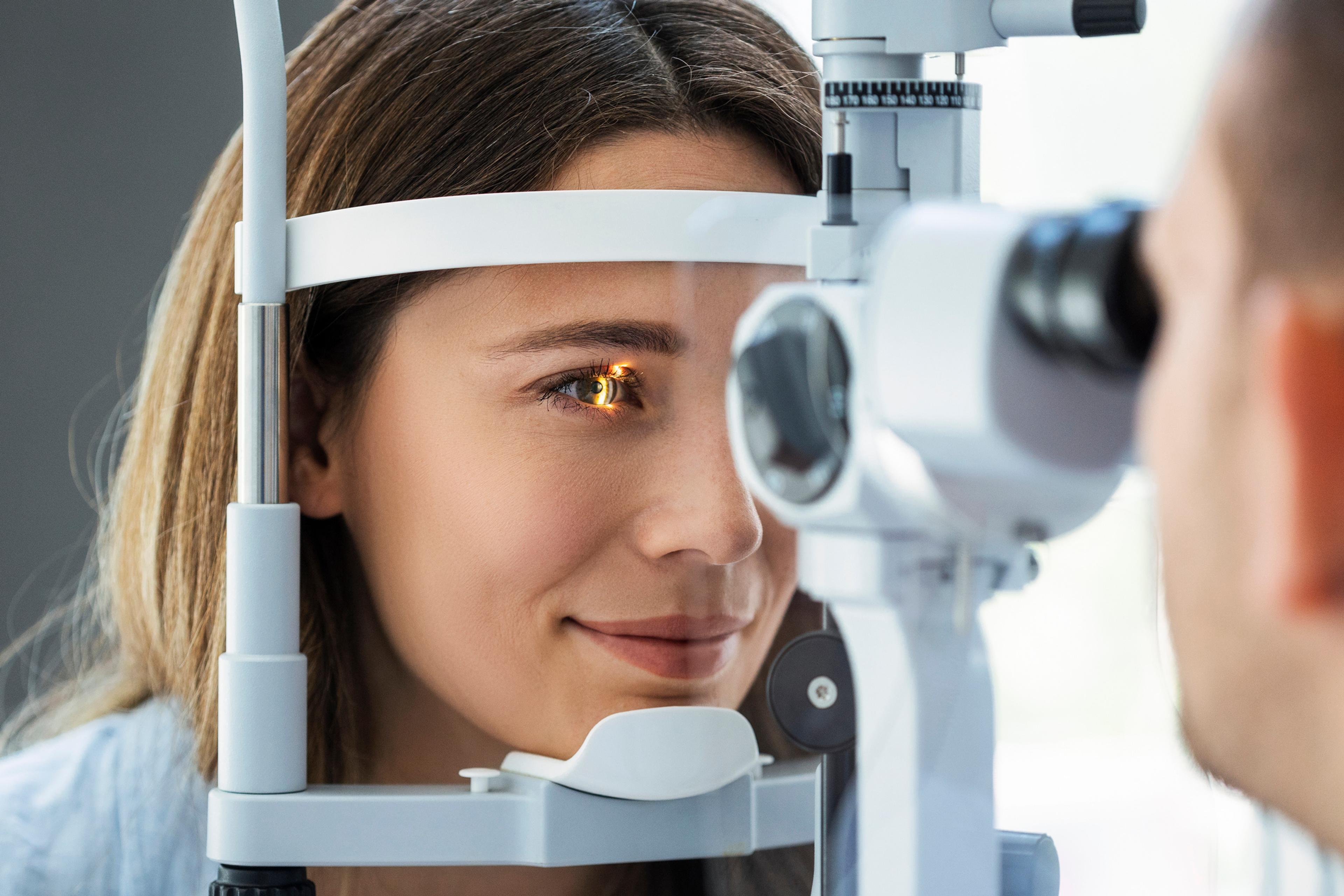Optometrist vs. Ophthalmologist: What’s the Difference?

Blues Perspectives
| 2 min read

There are two main types of eye doctors: ophthalmologists and optometrists. Both play an important role in caring for the vision of their patients. However, there are differences in the training these health professionals receive, as well as the kinds of conditions they treat.
What is an optometrist?
Doctors of Optometry (O.D.) are doctors that specialize in general eye care and treating problems with how you see, such as nearsightedness, farsightedness, glaucoma and astigmatism. An annual visit to an optometrist is generally recommended for most people to maintain proper eye health.
According to the CDC, regular eye exams are also an important part of finding eye diseases early and preserving your vision." You can often purchase prescription glasses, contact lenses, and prescription sunglasses at optical shops within an optometrist’s office. Optometrists must complete an undergraduate degree, as well as a four-year optometry degree at an accredited program.
They may also participate in externship training. The Association of Schools and Colleges of Optometry states that optometrists can provide services such as visual exams, prescribing medicine for glaucoma or providing follow-up care after surgery.
What is an ophthalmologist?
Ophthalmologists (M.D. or "eye M.D.") are physicians who provide medical and surgical care for vision disorders and diseases. Ophthalmologists may specialize in a certain area such as blindness, cataract or LASIK surgery, macular degeneration, eye trauma or eye cancer. Many also are involved in research and clinical trials.
Ophthalmologists must earn a medical degree and complete three to eight years of internship and residency. Successfully completing a licensing exam is also necessary before working as a practicing eye doctor. Taking care of eyesight is an important part of maintaining one’s health. Optometrists and ophthalmologists often work together to provide the best care based on a patient’s vision needs.
Vision screenings are considered an essential health benefit for children, though not all plans include vision coverage for adults. If vision care is important to you, choose a health plan that includes this benefit. You may need a referral to see an ophthalmologist under some plans.
You can learn more about BCBSM’s vision and dental plans here, or use our Find a Doctor Tool to help you select a vision provider.
If you liked this post, you may want to check out:
- What is an Otolaryngologist?
- Fixes for the Most Common Vision Problems
- Vision Disorders and Aging: The Implications for Seniors
Photo credit: Getty Images





